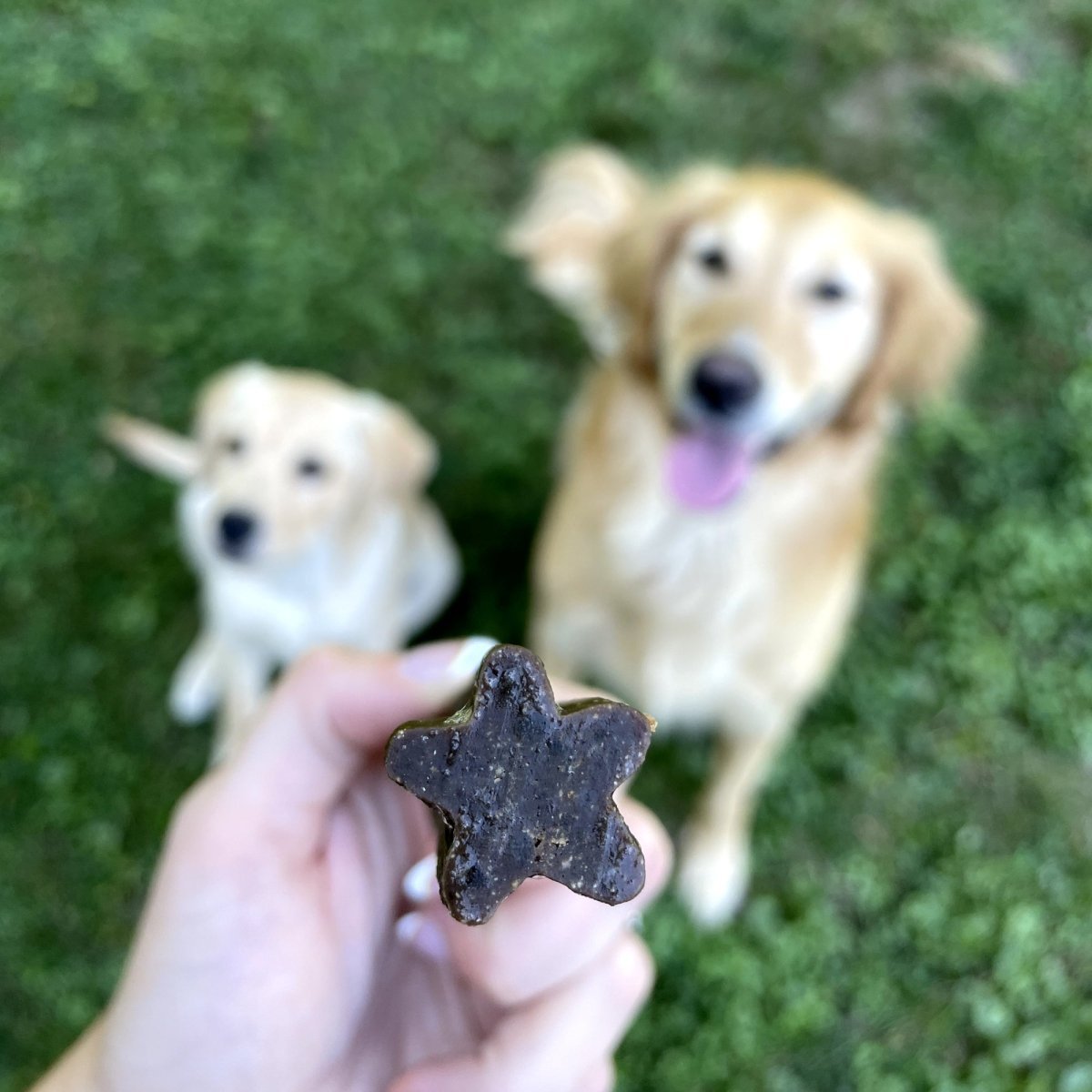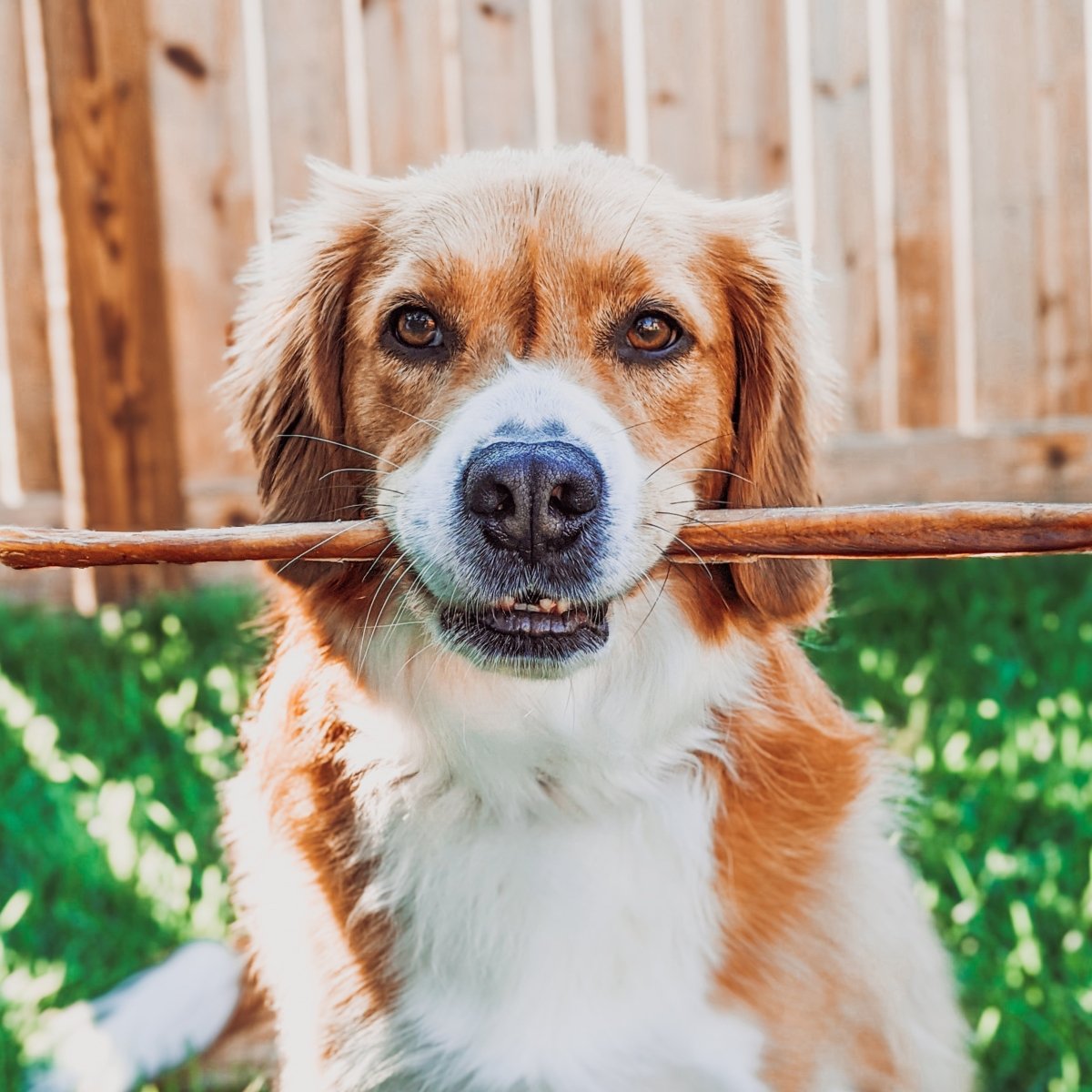
Nearly every dog owner aspires to communicate with their pet––to know what they’re thinking and what they need without guessing. Most dogs give signals and it’s up to their owner to recognize these signs, take action, and tend to their pet in the way they need.
It’s easy to spot signs ofillness or change in your dog by monitoring their eating habits, checking their skin or fur for irregularities, and generally when they’re just behaving outside of their regular character. Trying to construe meaning from noises, however, can prove to be more challenging.
Just like a pet’s cries, barks, or whimpers, a dog’s howl is nuanced. Here are three possible answers for anyone who’s ever wondered, why is my dog howling?
Howls by species
Dogs tend to be energetic and communicative creatures. For that reason, it’s no surprise howling is another way to make themselves heard. NationalGeographic notes, “animals in the Canidae family howl, including jackals, coyotes, and man’s best friend.” However, according to this same article, domesticated dogs don’t actually howl in the true definition of the word.
A “howl” as defined by Merriam Webster is both “loud” and “sustained”. The sound we identify from dogs as howling is not only different from that of wolves but also has different goals. Encyclopedia Britannica suggests wolves howl to “communicate their location”, “to ward off rivaling packs”, and to “share affection” with other pack members. A domesticated dog’s howl sometimes aims to communicate differently.
So, what does it mean when a dog howls?
Here are three reasons why your dog could be howling:
1. Your dog’s wolf-like instincts – As briefly touched on earlier, dogs and wolves share a lineage. For this reason, some breeds of dogs have retained their wolf-likeness more than others. The reason for howling might not always be the same as wolves but this habit/instinct has been passed down to your pet. It is possible your dog’s reason for howling could overlap with that of wolves.
2. Your dog might be anxious – While wolves howl out of love or joy, your dog might be howling because of anxiety. American Kennel Club identifies fear, separation, and aging as reasons your dog could be anxious, and subsequently, howling. Maybe a sound upset your dog? Perhaps your dog saw something or someone they don’t trust. All of these are viable triggers for your pet. Check out this post for tips on how to help your dog through anxious moments.
3. Your dog might be in pain – A howl can sometimes be a way for dogs to express that they are ill, in pain, or uncomfortable in some way––especially if your dog is vocalizing in excess. Sometimes, your dog is howling just to be heard but an extended session of howling should not go unchecked. Consider examining your dog for any physical injuries or taking them to the vet for a full check-up.
Dogs can be fantastic communicators. Howling is just one way they like to be heard. Your dog’s howling is in their history. Whether you love to make your dog howl so you can join in or the sound isn’t something you look forward to, be sure to pay attention to because your dog might be trying to tell you something.
—
Interested in learning more pet health tips? Check out our blog. And for deals on all-natural dog chews, visit our website.
Comments will be approved before showing up.

Dental chews keep plaque in check and gums strong. Read here to learn about nature's toothbrush!

Single-ingredient dog chews and treats are crafted using only one whole food source!

Check out our guide on different types of chews to help you decide on the best chew for your dog!